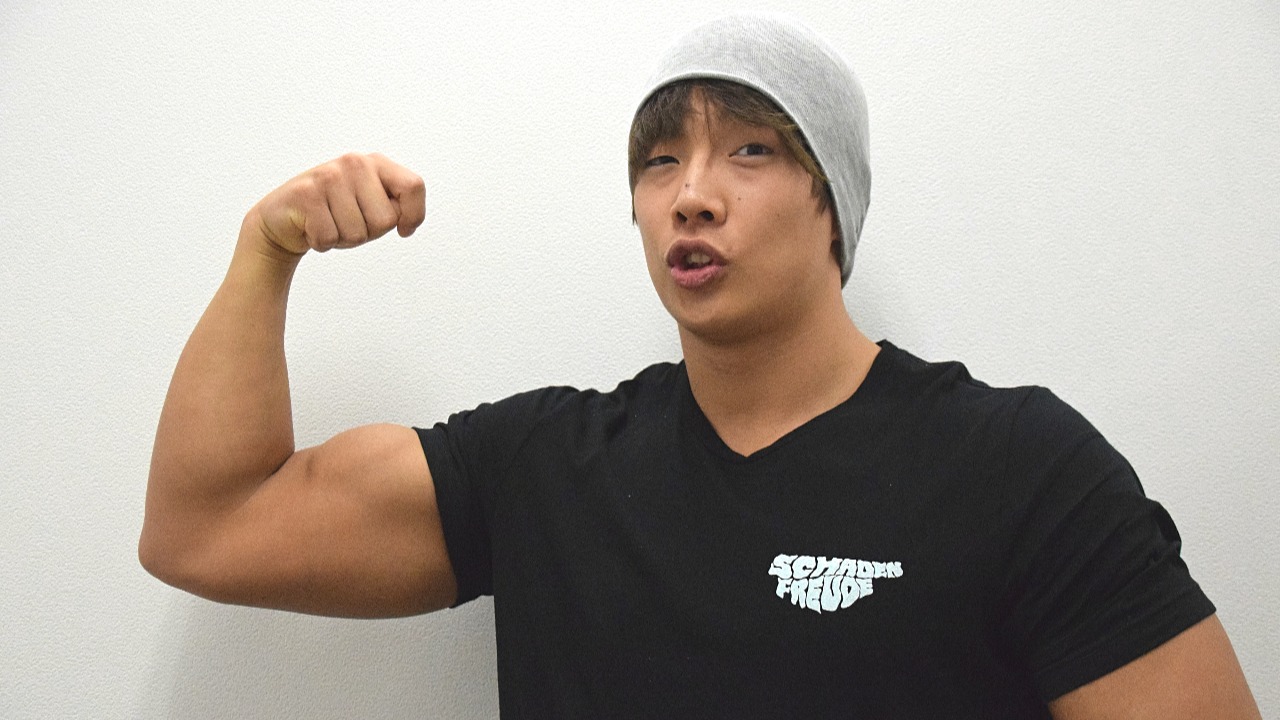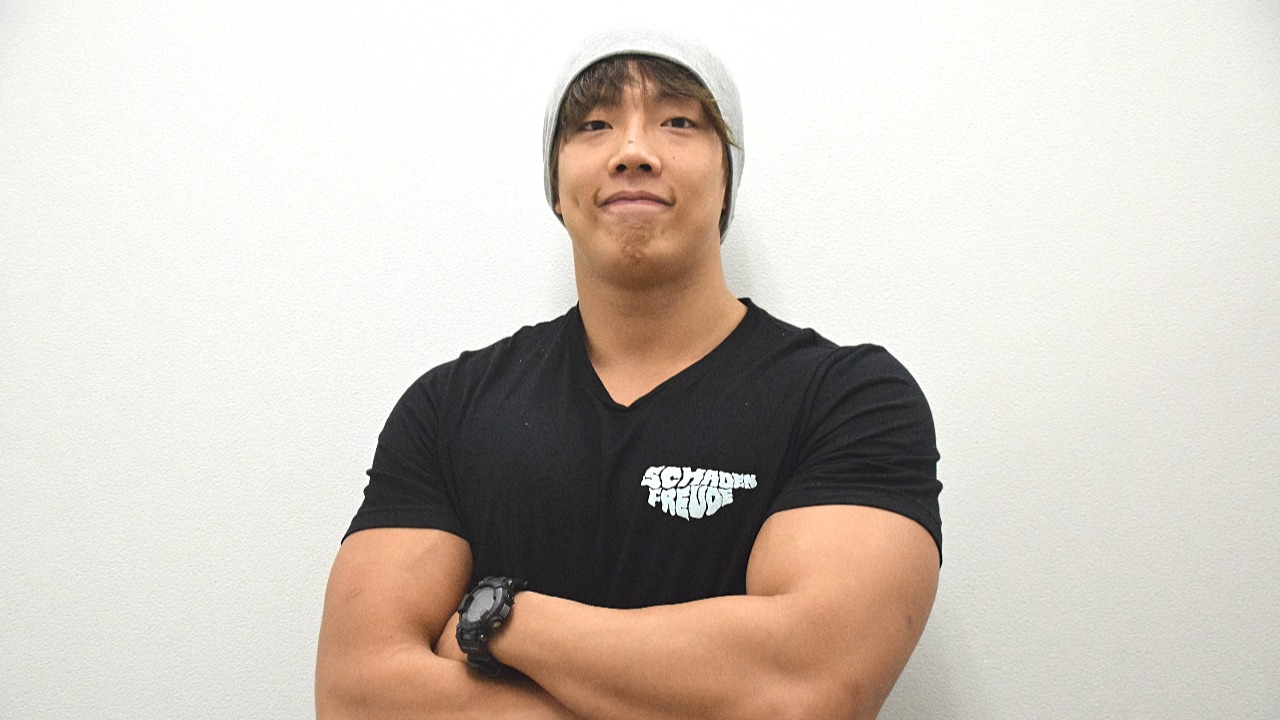
Sowing the seeds of "winning a medal" for the Tokyo Paralympics: Paracanoeist Monica Seryu's strategy using her experience in Rio (Part 1)
Monica Seryu, who has been selected as a canoe representative for the Tokyo Paralympics. At the 2016 Rio Paralympic Games, which he made his first appearance at the age of 18, he finished 8th and is expected to become the first Japanese to win a medal at the Tokyo Games, which will be held at the Sea Forest Waterway in his hometown of Koto Ward, Tokyo. We interviewed Seryu and the coach, Akemi Nishi, who supports her.
--Please tell us what made you start canoeing.
SetuI first encountered canoeing when I was in junior high school. My hometown, Koto Ward, Tokyo, is known as a "watercolor city" because of the many rivers that flow through it, and we started talking about whether we could play a sport using the rivers, and we ultimately chose canoeing.
After that, we created canoeing bases at various river embarks, and in 2009, the Koto Ward Junior High School Canoe Club was born. The person in charge of the canoe club was consulted by the junior high school principal, who asked, "Do you know anyone who canoe?" Canoeing brings to mind "water," and water brings to mind "swimming," so I, who was a swimmer, was chosen. That was the opportunity for me to join the canoe club with a friend and start competing in earnest.
--I've heard that racing canoes are difficult to ride, but were you able to ride one from the beginning?
Setu:That's why, at first, I couldn't ride in a canoe at all. It's easier for smaller people to balance in a canoe, but I was big, so I struggled until I could ride in it.
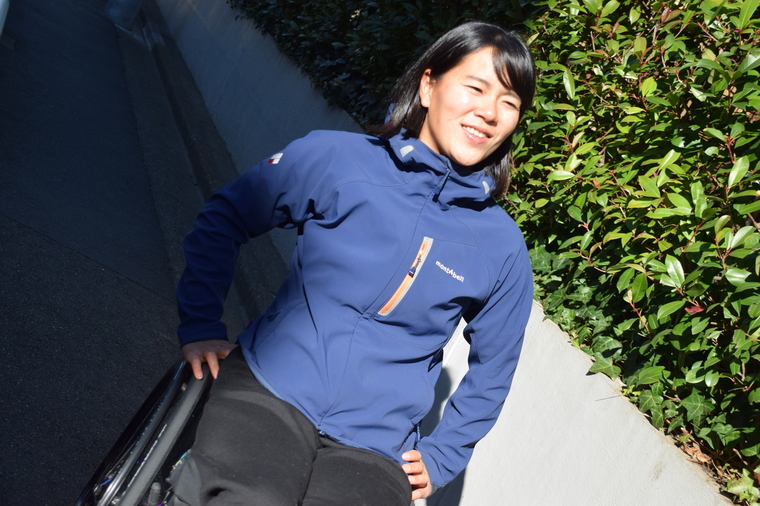
-Have you decided to continue competing after graduating from junior high school?
Setu:Yes. The National Athletic Meet was scheduled to be held in Tokyo in 2013, and the person in charge told me that they wanted me to continue even after I entered high school, so I remained a member of the canoe club.
However, in my first year of high school, I got injured during a physical education class... I couldn't do any sports, not just canoeing. After that, I just studied hard for about a year. I couldn't go to school for about half a year after my injury, so I studied really hard during that time and made up for my lost grades in one year (laughs).
At that time, it was decided that the Tokyo Paralympics would be held. In Koto Ward, there was a renewed call to "discover local athletes," and with the cooperation of the ward, the environment began to be improved. The boarding area was made barrier-free, they asked for coaches, and they purchased canoes, and so on. They started to take action at the administrative level.
A person involved in the project learned that "I don't play sports now, but I have someone with experience in canoeing," and contacted me. That was one of the reasons I started paracanoeing.
--But I heard that you didn't originally intend to do paracanoeing.
Setu: That's right. As I mentioned earlier, canoeing is a sport that requires a lot of balance, so I thought, "There's no way I could do it with my injury."
Since my injury, I can no longer use my abdominal and back muscles, so I can't sit without a backrest. In that condition, there's no way I can canoe, which requires core strength and balance. That's why I didn't reply to the email inviting me to join.
However, he was so enthusiastic about the email that I thought, "If I try to get in a canoe once and fall off on purpose, maybe he'll give up," so I went to the canoeing field. But the person who invited me was one step ahead of me (laughs). That's because there were leisure boats prepared that were easier to balance, not racing boats. I thought, "I'd better get in," so I made up my mind and decided to go.
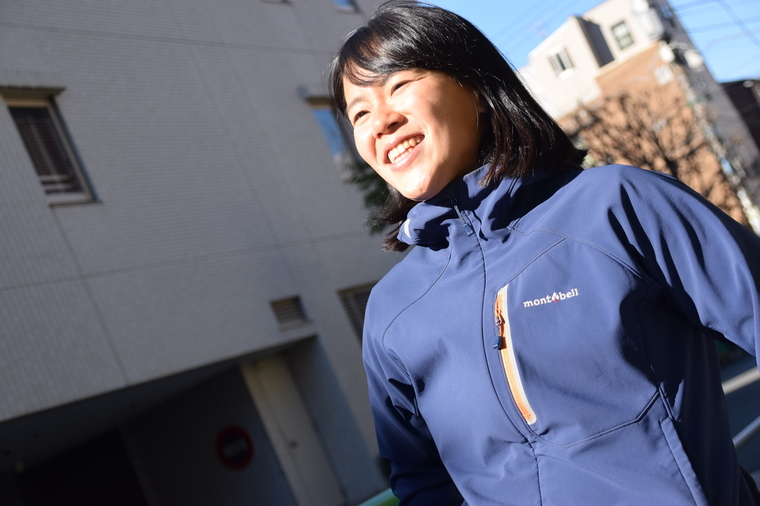
--So you were thinking about Setatsu-san. How did it feel to go canoeing again after such a long time?
Setu: When I actually tried canoeing, I found it really fun (laughs). Until then, I was told in physical education classes, "Seryu-san, it's dangerous in a wheelchair, so you'll just have to watch," and physical education, which I loved and was supposed to be good at, suddenly became my weakness. I had a huge complex about not being able to exercise. So when I went canoeing for the first time in a while, I felt the joy of being able to move my body again.
I was also very attracted to the fact that in paracanoeing, you can move straight ahead without looking ahead or thinking about anything. For example, on land you have to be careful about stairs and steps, but on the water there are no such things. As the saying goes, "on the water is barrier-free," and you can move in the same way as able-bodied people, that is the great appeal of paracanoeing. Having realized this, I began my competitive career as a paraathlete in earnest in 2014.
-Had you already met Coach Nishi at that time?
Setu: I've known Coach Nishi since I was in middle school. At the time, I thought he was a really scary coach (laughs). Now we spend about 330 days together a year, but when I first started receiving his coaching, it was only about 20 days.
West:At that time, I was only instructing on the dates that Koto Ward assigned to me. After that, when it was decided that he would compete in the 2016 Rio Paralympics, the time we spent together suddenly increased to 150 days a year.
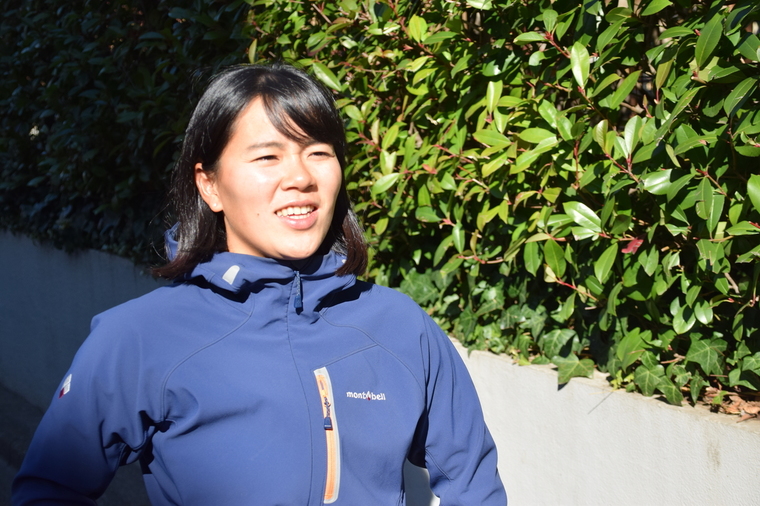
--Looking back on the Rio Olympics, you placed 8th despite it being your first time competing. How did you feel at the time after receiving this result?
Setu: It certainly sounds good to say "I started competing in the Paralympics two years after I started," but I was by far the last of the eight people who advanced to the finals, so I was half happy and half disappointed. That was how I honestly felt right after the competition.
Also, I was lucky to be able to participate in the Rio Olympics, rather than winning through my own ability. There were only 10 spots for 10 athletes from 10 countries in the world, and I was 11th after the final qualifying round. Normally, I wouldn't have been able to participate, but a top athlete was disqualified in the classification, so I was promoted to 10th place and was selected as a Paralympic representative.
Maybe it was because I participated in that way that I didn't have enough character development or passion for the sport at the time. As a result, I was quite far from the leader and came in 8th place, so I wasn't satisfied with the race. But now I think of it as a good experience that will help me prepare for the next Tokyo Paralympics.
--So you were able to quickly switch your mindset to the Tokyo Games?
Setu: Yes. I was talking about that with Coach Nishi on the plane on the way back from Rio. It may be misleading to say it like that, but we talked about Rio being for Tokyo. By thinking of it that way, I was able to quickly change my mindset.
--After hearing Seta's words, did Coach Nishi feel like he wanted to work hard towards Tokyo?
West: That's right. Thinking about it now, I was still lacking in both physical and technical skills in Rio. So I needed to build a foundation as an athlete first. Monica and I discussed this and carefully decided what we needed to do.
I will steadily and carefully build up my body little by little, and compete in the Tokyo Paralympics in the best possible condition. This is my new goal since the Rio Games.
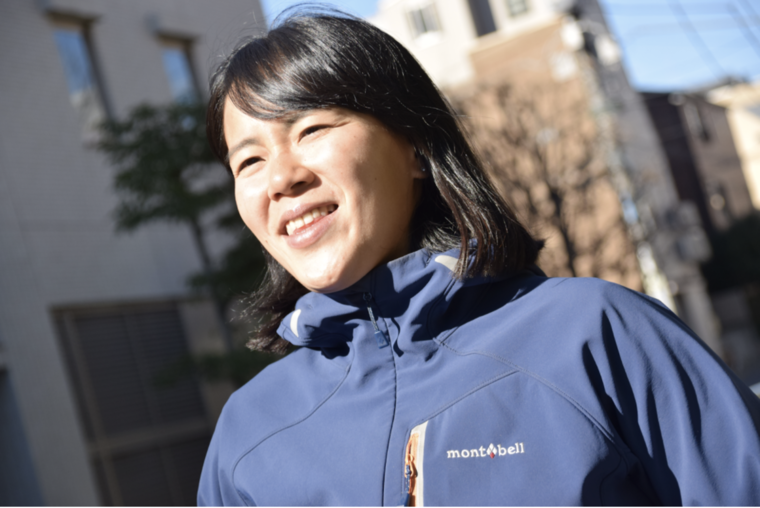
--So you aimed to compete in the Tokyo Paralympics with the three-legged race. How did you go about doing it after that?
Setu: For the two years from 2017 to 2018, I continued to sow the seeds for the Tokyo Paralympics. Until Rio, I had the mindset of "I'll do my best to do what I can," but after the Games ended, I started thinking about "How can I do the things I can't do? What should I do to achieve that?"
Specifically, I had not been able to practice sports at university until now, so how could I practice? In order to create that environment, I negotiated with people at the university and asked my friends for help. I spent two years sowing the seeds like that. I think that at that stage, my personality as an athlete had developed.
--So you worked backwards from the future, the Tokyo Games, and thought about what to do. Although the result was disappointing, it seems that you were able to get a clear picture of "what you need to do" precisely because you were able to fully experience the atmosphere of the Paralympics at the Rio Games.
Setu:That's exactly right. Being able to visualize it and not being able to visualize it are completely different things. I think that people who are participating in the Paralympics for the first time can't really picture in their minds what kind of stage the Paralympics are. In that sense, I think that having experienced the Rio Paralympics is a big advantage for me and for the Japanese canoeing community.
--Last September, a test event called "Ready Steady Tokyo" was held at the same venue as the Tokyo Paralympics. Did this give you a better idea of what the real thing would be like?
Setu: That's right. In fact, I had set myself the goal of at least winning a medal at that venue, so that I could imagine myself "winning a medal." In the end, I was able to win a medal in third place, and I also attended the awards ceremony at the pre-tournament, and received cheers from the locals, so I thought, "I'm going to win a medal in this kind of atmosphere." It was a good experience for me, as I was able to imagine myself doing that. (End of Part 1)
<Click here for the second part> http://king-gear.com/articles/1242
<Click here for the second part> http://king-gear.com/articles/1242
(*This article was interviewed in February 2020.)
Interview and text: Satoshi Dairaku
Editing and photography: Shusho Sato
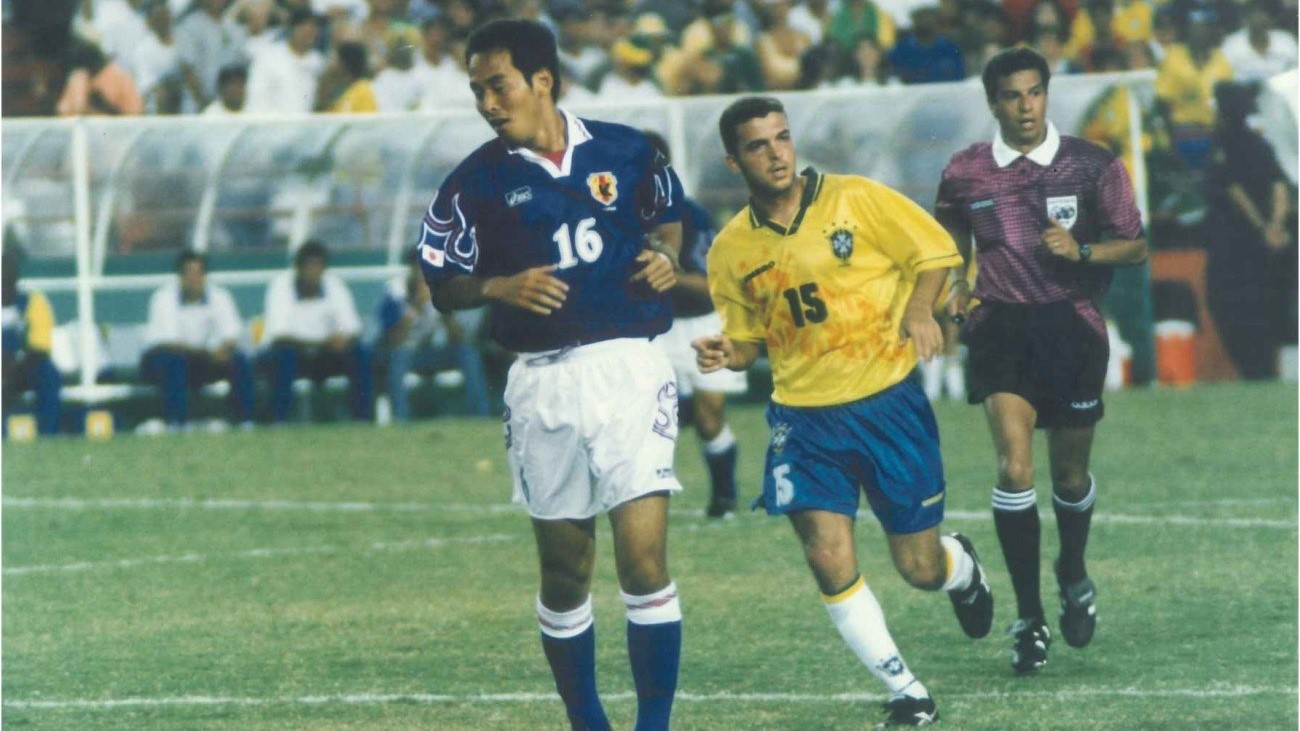
Others|
2020/04/15
The current location of Yoshika Matsubara, who has fought in South America, the J-League, and Europe Vol.4
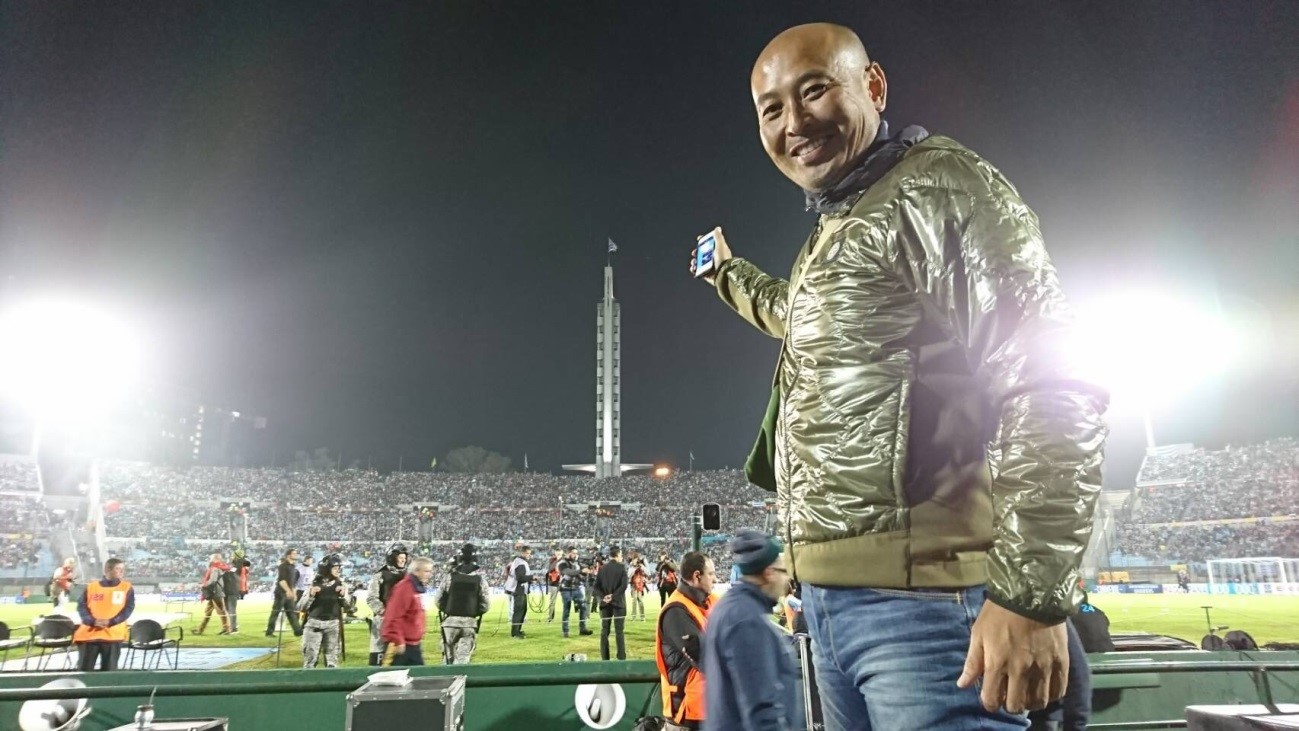
Others|
2020/04/08
The current location of Yoshika Matsubara, who has fought in South America, the J-League, and Europe Vol.3

Others|
2020/04/08
Yukio Sakaguchi, who criticized ZERO1's Masato Tanaka for being "uninspiring," aims to recapture the treasure [4.12 Shinjuku FACE]
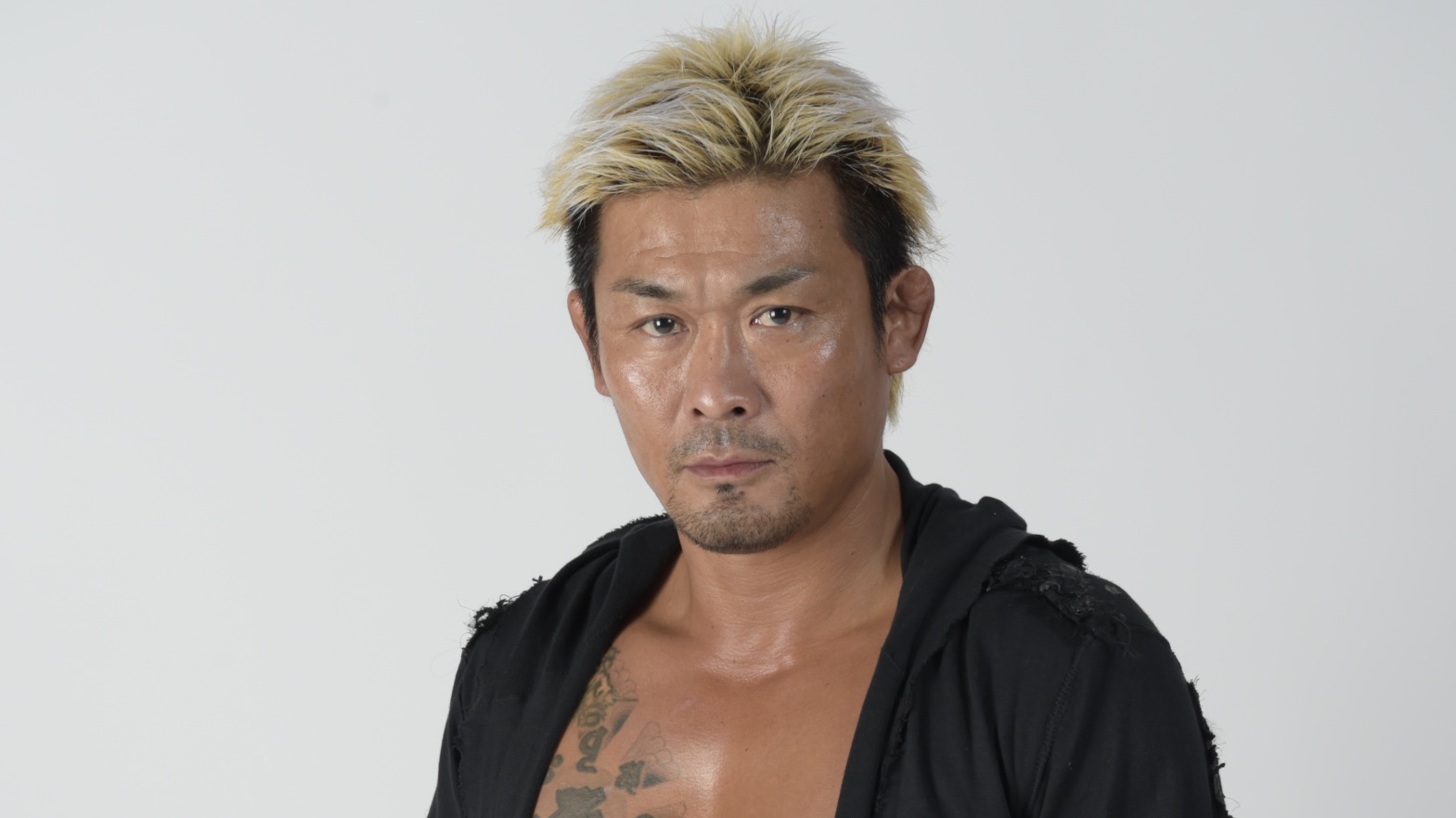
Others
|
2020/04/07
Yukio Sakaguchi, whose father is the "World Eagle" Seiji Sakaguchi, made his way to the wrestling ring after many twists and turns [April 12th, Shinjuku FACE]
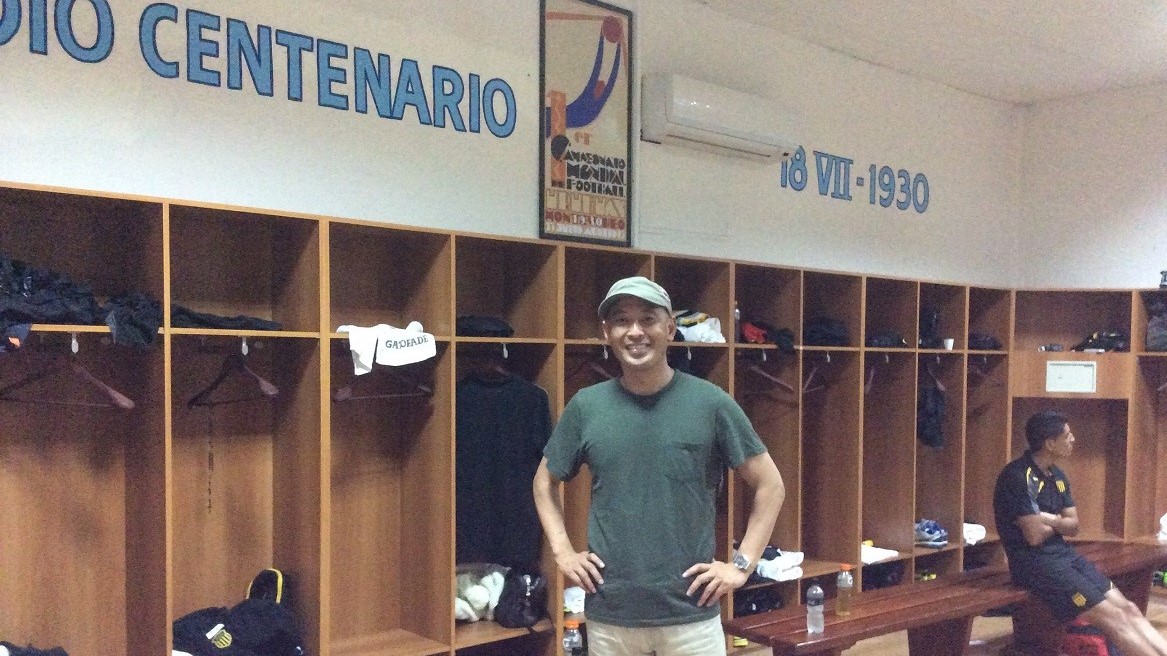
Others|
2020/04/01
The current location of Yoshika Matsubara, who has fought in South America, the J-League, and Europe Vol.2
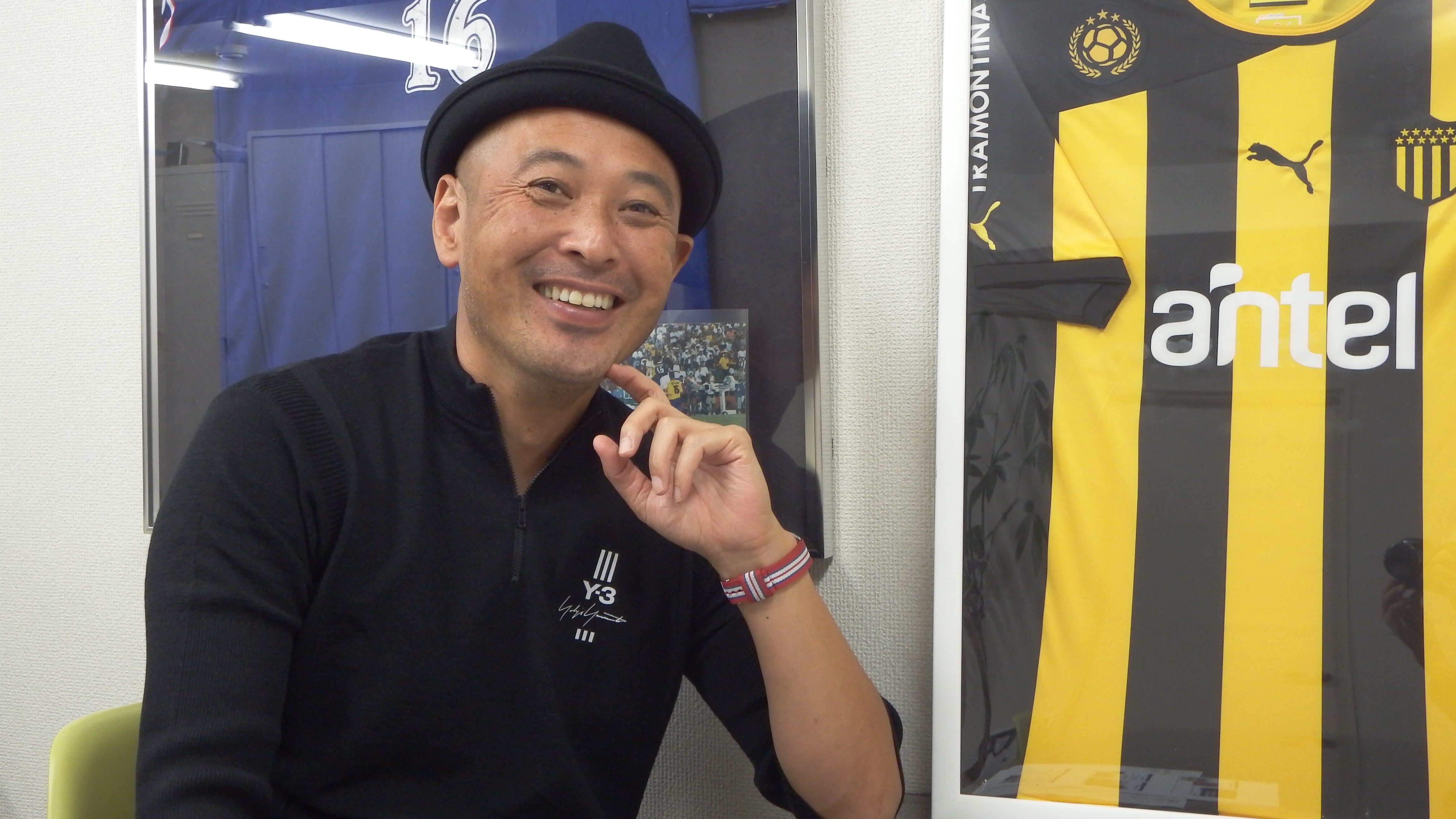
Others|
2020/03/25
